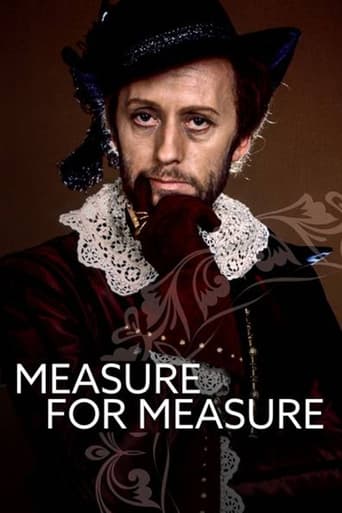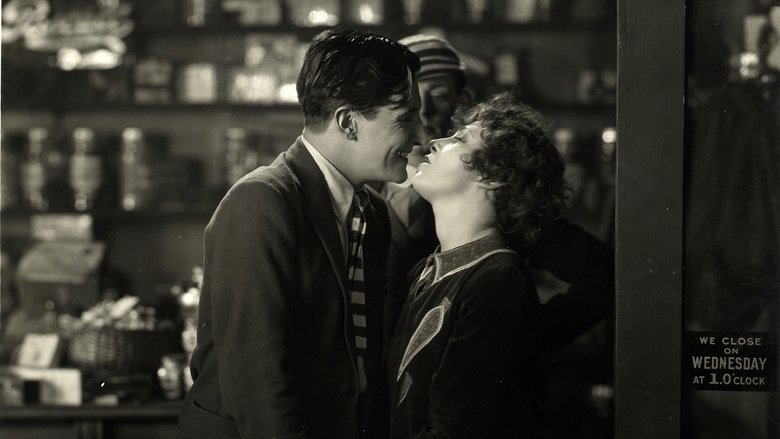When the Duke of Vienna takes a mysterious leave of absence and leaves the strict Angelo in charge, things couldn't be worse for Claudio, who is sentenced to death for premarital sex. His sister, Isabella (a nun-in-training), however, is a very persuasive pleader. She goes to Angelo, but instead of freeing her brother, she gets an offer from Angelo to save Claudio's life if Isabella sleeps with him. The only sympathetic friend Isabella has is a priest who, in actuality, is the Duke in disguise...and he has a plan.


Similar titles


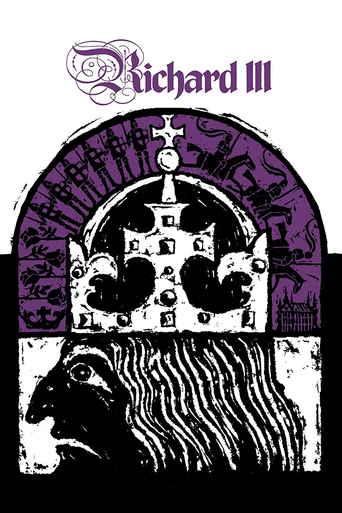
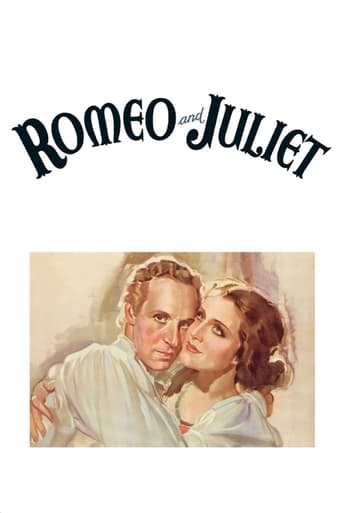
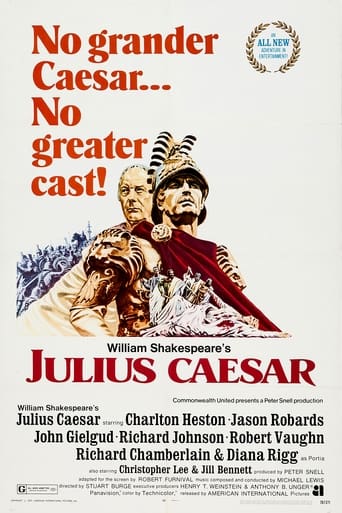

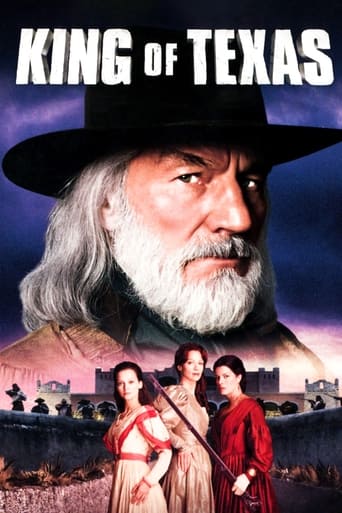

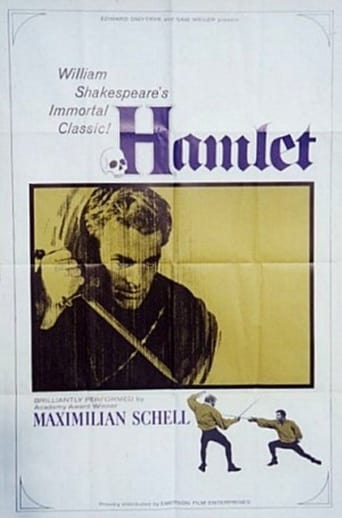

Reviews
Shakespeare is a master of suspense, when he wants to be, or isn't he always? A Duke of Vienna leaves his city and his deputy, Angelo (what a name for a twisted mind) in charge. But he comes back in disguise to check upon Angelo and he finds out that the man is corrupt and uses power to his own advantage, even trying to seduce a nun by sending her brother to the block where he would be beheaded at the strange time of four o'clock in the morning. But the Duke prevents the execution of that brother Claudio and comes back in time afterwards to sort things out. Shakespeare is a master at making us believe it will not go through and every step to the truth is immediately countered with two steps down the abyss, till the very last moment when the deputy is completely fooled out of countenance by the Duke coming back under his disguise – as a monk mind you – and reveals the villainy of his deputy when this deputy orders the Duke disguised as a monk to be sent to prison pending execution. Though everything looks really bleak till the end of the fourth act, the fifth act brings some relief but at the end of it only, though Shakespeare brilliantly prepares it with Isabella's cry for justice: "Justice, O royal Duke! Vail your regard / Upon a wrong'd- I would fain have said a maid! / O worthy Prince, dishonour not your eye / By throwing it on any other object / Till you have heard me in my true complaint, / And given me justice, justice, justice, justice." An opening single cry first and then a closing quadruple cry, which brings these "justice" cries to five: the diabolical disruptive pentacle, that the Duke double further on, along with Isabella, to ten to make the truth stronger, more unavoidable, with six words on each side and five identical making the sixth one all the more powerful. "Duke: Nay, it is ten times strange? / Isabella: Nay, it is ten times true." And the truth of a well balanced decision will come from the Duke, this time like a final decree: "Duke: 'An Angelo for Claudio, death for death!' / Haste still pays haste, and leisure answers leisure; / Like doth quit like, and Measure still for Measure. / Then, Angelo, thy fault's thus manifested, / Which, though thou wouldst deny, denies thee vantage. / We do condemn thee to the very block / Where Claudio stoop'd to death, and with like haste. / Away with him!" But Shakespeare being Shakespeare he manages to sort things out in a final ruling, as square a ruling as square can be. Mariana is married to Angelo and she is the happiest woman when Angelo is pardoned and escapes the block. Isabella is reunited to her brother Claudio. Lucio's slandering against the Duke sends him at first to prison to be whipped and then hanged, because he had called the Duke "a fool, a coward, one all of luxury, an ass and a madman", a diabolical pentacle of insults, but the Duke yields to popular demand and pardons the slandering provided he marries a prostitute this very Lucio had mishandled, which is equal to death in Lucio's words: "Marrying a punk, my lord, is pressing to death, / whipping, and hanging" which is another formal square though "marrying" is equaled to the three others: "pressing to death", "whipping", "hanging". And finally the Duke is moving towards his own marriage with Isabella. Four couples are reunited, even if one is brother and sister and another is a slanderer and a prostitute. And three marriages in that square ending. This production adds a detail at the end that does not seem to be in the tale which is the coming to the forefront of a woman and a newborn baby that is at once acknowledged by Claudio which makes a fourth real marriage, but I would have preferred the Shakespearian ending that is somewhere slightly awry and hence a big tongue in a big cheek like the final ternary speech of the Shrew when finally tamed into marriage and obedience.Dr Jacques COULARDEAU, University Paris 1 Pantheon Sorbonne, University Paris 8 Saint Denis, University Paris 12 Créteil, CEGID
If you want to see a straight, rigorously faithful adaptation of this not often read or studied play, please watch this version. The play itself is one of the best kept secrets in the Shakespeare cannon. The costumes are colorful and interesting and the sets (though the budget was clearly not hugely substantial) really flesh out aspects of the play you typically miss when reading it. The acting is fine, particularly from Lucio, Pompey (the clown), and the Provost. I will admit that the actor who played the Duke could have put more emotion behind what he was saying, though he did a good job. As a side note, he played Admiral Piett in Star Wars Ep. V & VI (I just thought that was interesting and funny). True this is a kind of no frills version, but, in my opinion, many of the modern 'adaptations' of Shakespeare's plays are weak because people of our age forget the unequivocally beautiful and startlingly profound language that Shakespeare abounded in. He truly offers metaphors that are profound and universal; if you wish to hear this powerful language spoken in a convincing and effective manner, please watch Measure for Measure.
This is an excellent, comprehendible and thoroughly enjoyable version of William Shakespeare's most disturbing comedy. Hats off to Kenneth Colley for his amazing portrayal of Vincentio, the eerie stage-manager of this unique drama. This is an all-around well done production: a must-see!
*SPOILER*This production is terrible. It blatantly sets aside or resolves ambiguities essential to the play's central metaphor; can there be charity in sin?Mr. Davis, who obviously had no academic understanding of Measure for Measure, has managed to destroy this amazing play.How can Lucio, a notorious womanizer be constantly and consistently colored with such paints of homosexuality as a heavy cake of rouge and a pearl stud in his left ear?How can Claudio lovingly embrace his sister who, at their last meeting promised to pray for his death a thousand times, accused him of incest and told him that if she could save him but by bending down would let his execution proceed?How can Isabella, a moral absolutist of the highest regard, who would not find charity in fornication to save her brother's life and who has found station as an initiate in a nunnery, so willingly accept the Duke's marriage proposal?How Can Angelo set aside all cunning and tricks of his office to approach Isabella with such aggression that it at times borders on violence?If I want Shakespeare, and I want the BBC involved, I'll stick to Trevor Nunn, thank you.
